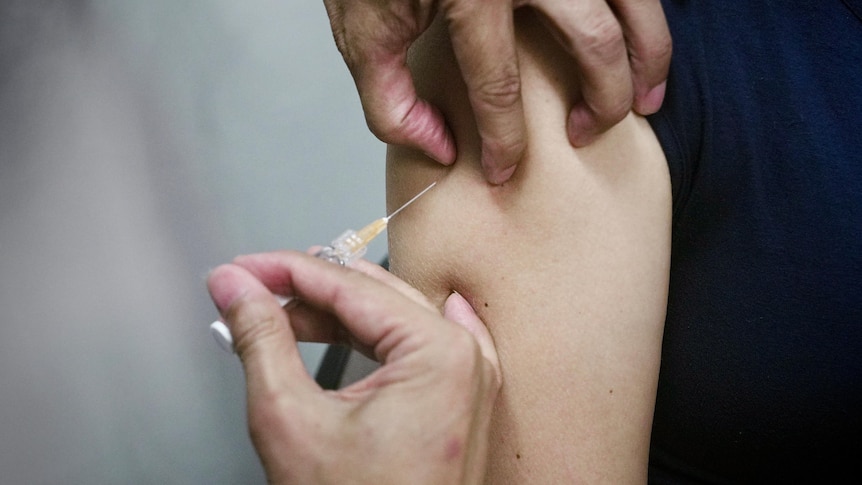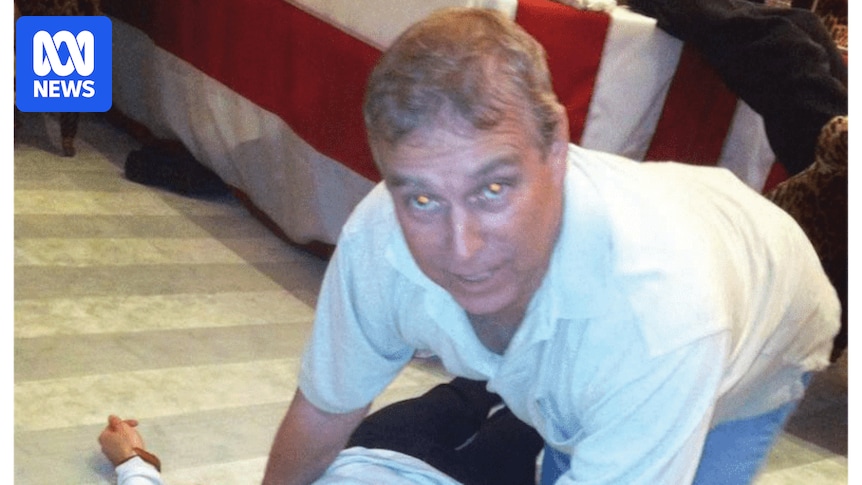
Across the globe, vaccine stockpiles funded by governments, foundations, and the private sector serve as a crucial safety net for disease outbreaks, particularly in some of the world’s poorest nations. However, the sustainability of these efforts is now in question, following the United States’ decision to withdraw support from the Global Alliance for Vaccines and Immunisation (Gavi). This move has cast uncertainty over the future of these life-saving reserves.
About a decade ago, Sydney nurse Suzel Wiegert found herself on the frontline of a measles epidemic in the Democratic Republic of Congo. Clinics sprang up in unconventional settings, including churches and under trees, as healthcare workers raced against time to vaccinate children.
“We had mums coming with their babies, they had been walking for two days. It’s a completely different world,” said Wiegert. “The risk of dying is much, much higher than in a country like Australia. Because those kids, quite often they are malnourished and they will not be strong enough to fight the disease.”
The Role of Gavi in Global Health
When nations struggle to manage disease outbreaks, they can turn to Gavi for assistance. Associate Professor Nick Scott from the Burnett Medical Research Institute in Australia highlights the importance of these global stockpiles.
“There are these global stockpiles of vaccines and what happens is when there’s an outbreak of one of these diseases in a country, they can request assistance,” Scott explained.
Scott’s team, tasked by Gavi, conducted a comprehensive study on the impact of immunisation programs, examining over 200 outbreaks of five diseases from 2000 to 2023. Their findings were striking.
“We found that the existence of the stockpiles and their use in responding has saved more than 300,000 lives across those outbreaks. And this is probably an underestimate because we could only include outbreaks that there was sufficient data to do the analysis on,” Scott noted.
Beyond lives saved, the research revealed that more than 5.8 million cases of disease were prevented, translating to an economic benefit of nearly US$32 billion.
Challenges and Uncertain Future
This development comes at a precarious time for Gavi. The withdrawal of U.S. funding under the Trump administration has left a significant gap. Associate Professor Meru Sheel, a vaccinologist and field epidemiologist at the University of Sydney, underscores the significance of the study’s findings.
“One of the challenges of outbreak response is that it’s invisible. If you don’t respond, you will see a lot of cases. But if you respond, you’re preventing cases from increasing. So you don’t often know how many cases you’ve prevented. And that’s what this modelling study has been able to do,” Sheel explained.
With one of Gavi’s largest donors stepping back, Sheel hopes for new benefactors to fill the void.
“If that money is obviously not there, then there will always be prioritisation of which programs to fund and which programs to not fund or some other things might get cut,” she warned.
Global Support and Future Prospects
In a move to bolster Gavi’s efforts, the Australian Government recently pledged $386 million to support the organization’s work through 2030. This commitment highlights the critical role that international cooperation plays in sustaining global health initiatives.
As the world grapples with the ongoing challenges of disease outbreaks, the importance of maintaining robust vaccine stockpiles cannot be overstated. The future of these reserves, however, hinges on continued international support and funding. The stakes are high, and the lives of millions depend on the decisions made today.





